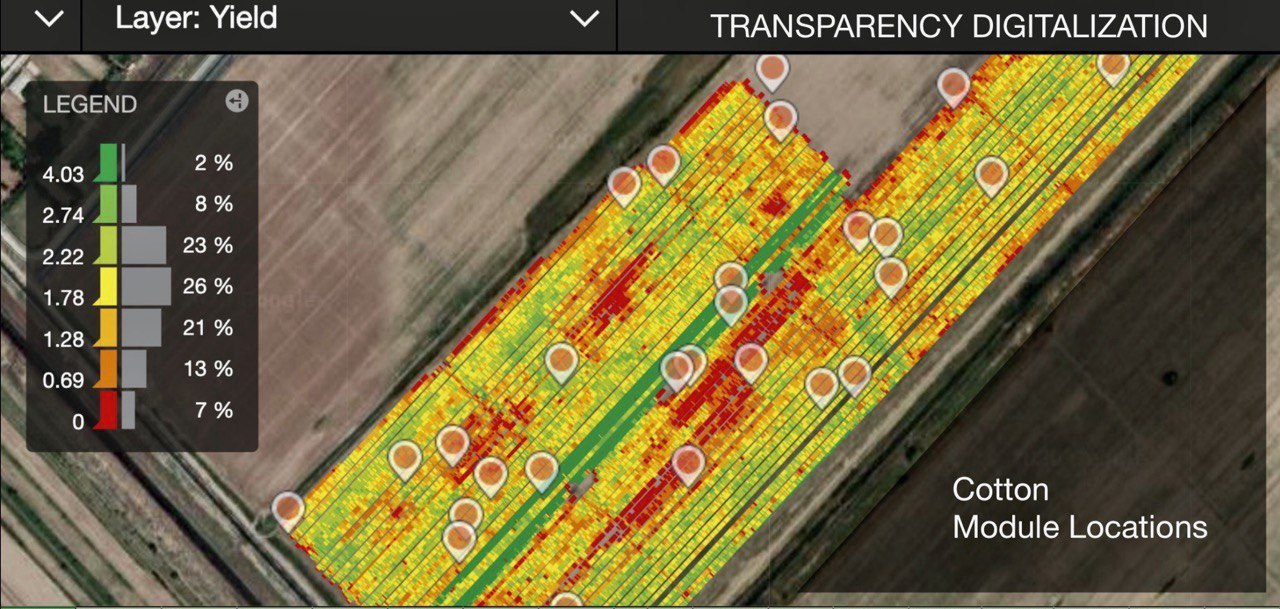Uzbekistan's cotton industry has long been a vital part of its economy, tracing its roots back to the Soviet era when the country was one of the world's largest cotton producers. For decades, cotton, or "white gold," dominated the landscape and served as a crucial export commodity. However, this legacy also included challenges such as forced labor and environmental degradation. In recent years, under President Shavkat Mirziyoyev's reforms, Uzbekistan has been making strides in modernizing its cotton sector, eradicating forced labor, and embracing sustainable practices to meet international standards.
Dan Patterson, General Director of Silverleafe, a company deeply embedded in Uzbekistan’s cotton scene, reflects on his family's long history with the country's cotton industry. "Our connection to Uzbekistan goes back to the 1970s, when my wife’s grandfather was involved in a seed exchange program aimed at enhancing cotton productivity," Patterson explains. “My first visit was in 1994, and I’ve witnessed tremendous changes since then. But the most dramatic progress has occurred since 2018.”
Patterson's decision to reestablish Silverleafe in Uzbekistan was inspired by President Mirziyoyev's commitment to reform. “In his address to the UN General Assembly, the President pledged to eradicate forced child labor from the cotton harvest,” Patterson notes. “That was a turning point for us. We wanted to be part of a positive change in a country with such a rich agricultural history.” Patterson's company, and the tech that goes with it, is one he opened after having been in Uzbekistan for a while, and it is a US-based company with its fullname being "Silverleafe Cotton Tracing."
Embracing Ethical Practices and Innovation
Silverleafe has played a crucial role in advancing ethical practices in Uzbekistan’s cotton sector. "When we looked at entering the textile industry, we needed to be sure that our cotton was free from forced labor," Patterson says. "We developed a digital traceability system that offers a ‘cotton birth certificate,’ verifying that the cotton is machine-harvested and free from forced labor.”

Patterson emphasizes the importance of this innovation in the global market: “Our markets, especially in the EU and the United States, are very concerned about supply chain integrity. The EU has banned forced labor in its supply chains, so our technology is essential to give confidence to textile brands worldwide.”
Sustainable Farming Practices
Patterson also highlights the need for sustainable farming practices to address Uzbekistan's environmental challenges, such as soil salinity and water scarcity. "When we came in 2018, we noticed the significant problems with salinity and water management," he recalls. "We introduced a Pulsar system, which is a type of surge flow irrigation that can save up to 40% more water than traditional methods. This is critical in a country where water is a scarce resource.”

He explains that digitalization and analytics play a key role in improving sustainability. "Agriculture is a lot different from manufacturing,” he says. “If I have a problem in agriculture, I have to wait a year to see the results. That’s why we use digital tools to analyze what works and what doesn’t. We need to measure what we manage."
Building a Comprehensive Agricultural Strategy
Looking ahead, Patterson is advocating for a comprehensive master plan for agriculture in Uzbekistan. “We’ve laid out a plan with the President to create a master strategy for agriculture that covers everything from seed cultivation to harvest methodologies and analytics,” he shares. "We’re also partnering with companies like John Deere, which offers the best digital analytics in the agricultural sector.”
When asked about the potential job losses due to mechanization, Patterson acknowledges the concern but also points to the benefits: "Mechanization will create new kinds of jobs, especially in rural areas where local economies can benefit. Instead of focusing on hand labor, we can create higher-paying jobs in manufacturing facilities within those districts. It's about creating an ecosystem of employment."
A Call to Investors
Patterson encourages other investors to consider Uzbekistan, emphasizing the country's evolving landscape and reformative spirit. “I would encourage investors not to be afraid of coming to Uzbekistan. If you come, spend time in the local economy, understand the sector, and make informed decisions based on facts. Uzbekistan has changed a lot since 2018, and it’s continuing to make progress.”
He remains optimistic about the future, saying, "We are looking forward to seeing more changes in the cotton industry and beyond. Uzbekistan has embraced change, and it’s time for the world to embrace Uzbekistan."
Through a blend of ethical practices, technological innovation, and sustainable farming, Silverleafe and Patterson are helping to shape a new chapter in Uzbekistan's cotton industry, paving the way for a more transparent, efficient, and inclusive future.
Watch the full interview here:
Follow Daryo's official Instagram and Twitter pages to keep current on world news.
Comments (0)